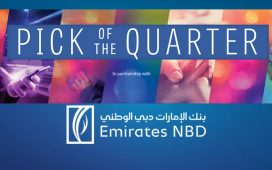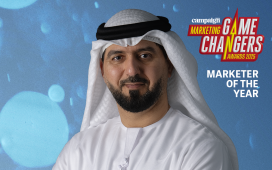The Tetra Pak booth at Gulfood Manufacturing 2024.
In an era when sustainability is often more marketing tagline than tangible action, Tetra Pak is attempting to stand apart with a simple yet ambitious goal: ‘Protect What’s Good.’
From school classrooms in Saudi Arabia to high-level partnerships with regional governments, the food packaging giant is working to build an infrastructure that will support its claims of environmental stewardship.
Its efforts were recognised at this year’s Gulfood Manufacturing exhibition in Dubai, as Tetra Pak walked away with the ‘Sustainable Company of the Decade’ award.
Ca
To continue reading this article you need to be registered with Campaign. Registration is free and only takes a minute. Register Now or sign in below if you already have an account.









